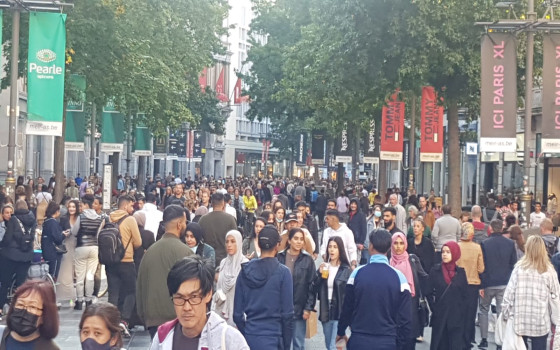
UN Rapporteur: 50 countries have discriminatory nationality laws... Statelessness equates to violence against women and girls

- Europe and Arabs
- Wednesday , 4 October 2023 14:55 PM GMT
New York: Europe and the Arabs
Reem Al-Salem, Special Rapporteur on violence against women and girls, said that statelessness and discriminatory nationality laws are tantamount to violence against women and girls, because they “represent serious forms of discrimination against them” as defined in the Declaration on the Elimination of Violence against Women. According to the UN Daily News Bulletin United States, a copy of which we received on Wednesday morning
Reem Al-Salem's statements came during her briefing before the Third Committee of the United Nations General Assembly to review its report on violence against women and girls, its causes and consequences.
The UN rapporteur said that statelessness and discriminatory nationality laws against women “lead to a vicious cycle of human rights failures and violations, which directly or indirectly exacerbate psychological, sexual and physical violence.”
She added that these negative impacts include obstacles to birth registration, transfer of women's nationality to husbands or children, access to basic services, child custody complications, and reduced protection and participation in society.
She further stressed that statelessness and gender-discriminatory nationality laws can expose women and girls to further exploitation and abuse, including domestic violence, child marriage, becoming victims of human trafficking, and arbitrary detention.
Source of all rights
The Special Rapporteur on violence against women and girls said that gender equality cannot be achieved without ensuring that women and girls enjoy basic human rights and the ability to participate in society on an equal footing and without discrimination.
She added that freedom from discrimination “begins with enjoying citizenship and equality as citizens,” stressing that the right to citizenship is the right from which all rights stem.
She noted that 50 countries still have citizenship laws that include gender-discriminatory provisions, and that in 24 of those countries, women are denied the right to pass citizenship to their children.
Al-Salem explained that discrimination based on sex and gender in nationality laws is one of the main reasons for statelessness (Bidoon).
She added that the consequences of this matter were not sufficiently disclosed.
Repairs at hand
The Special Rapporteur emphasized that she sought to explore the many reasons behind gender-discriminatory nationality laws, including those that “could lead to statelessness.”
Among these reasons - according to Al-Salem - are patriarchal values, the exercise of demographic control, intersecting forms of discrimination against minorities and women, and burdensome administrative requirements for registering births or obtaining citizenship.
She called on all states to “support the purpose, spirit and meaning of their fundamental human rights obligations,” including lifting reservations on relevant articles in the Convention on the Elimination of All Forms of Discrimination against Women that guarantee these rights.
It also urged states to sign the 1954 and 1961 conventions on statelessness.
The Special Rapporteur also noted the remarkable efforts made by many States in partnership with critical actors, such as civil society and international organizations.
She stressed that procedures and good practices have shown that the political decision taken by governments to do the right things can create far-reaching effects, including amending gender-discriminatory nationality laws and improving the scope of procedures for determining cases of statelessness.
She added, "The reforms undertaken by many countries demonstrate that ending gender-discriminatory citizenship and statelessness laws is something that can be done and is within our reach."
It is noteworthy that special rapporteurs and independent experts are appointed by the Human Rights Council in Geneva, which is an intergovernmental body responsible for promoting and protecting human rights around the world. Rapporteurs and experts are tasked with studying human rights situations and submitting reports on them to the Human Rights Council. It should be noted that this position is honorary, and these experts are not considered employees of the United Nations and do not receive compensation for their work.


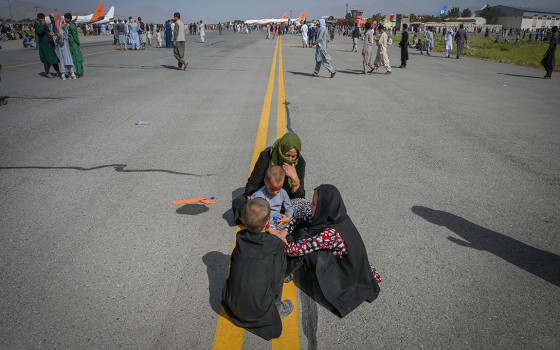
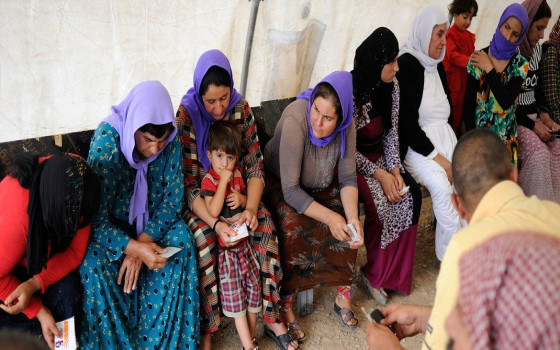
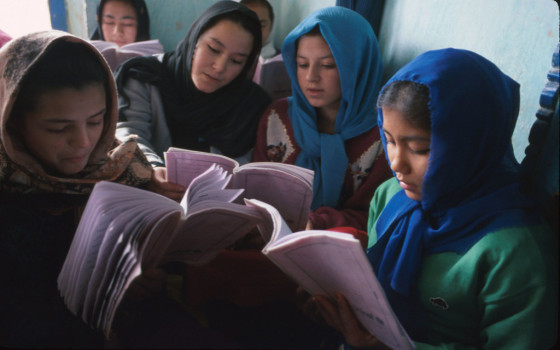
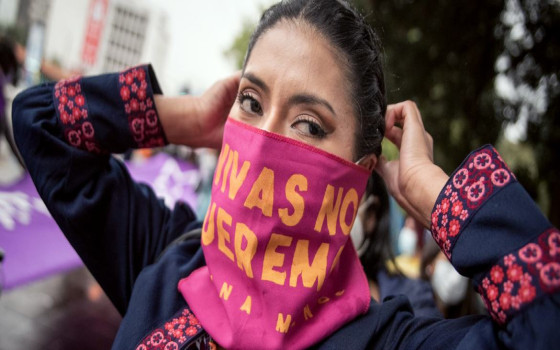
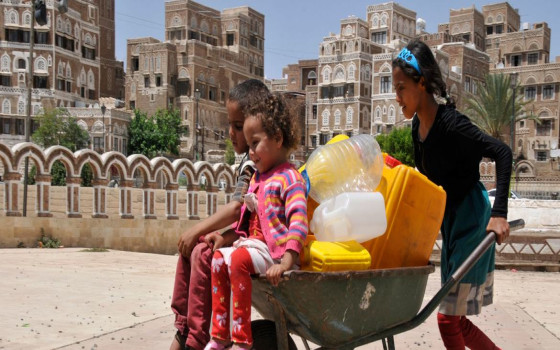
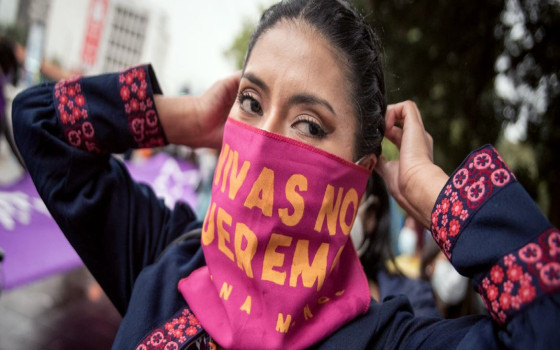
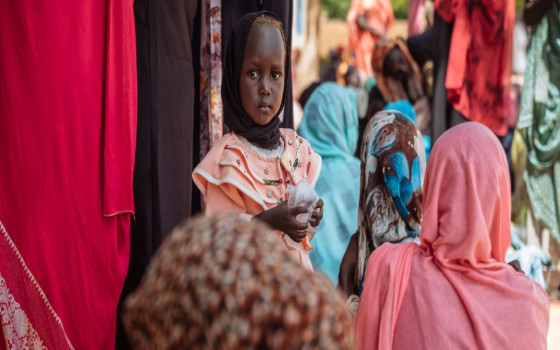

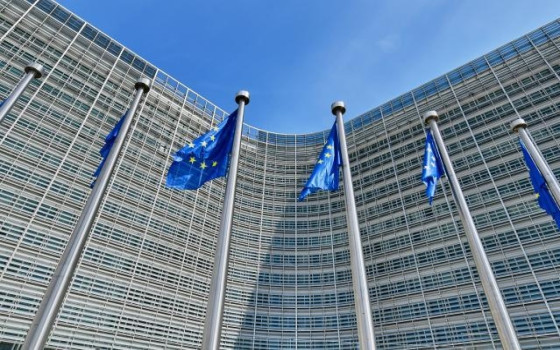

No Comments Found